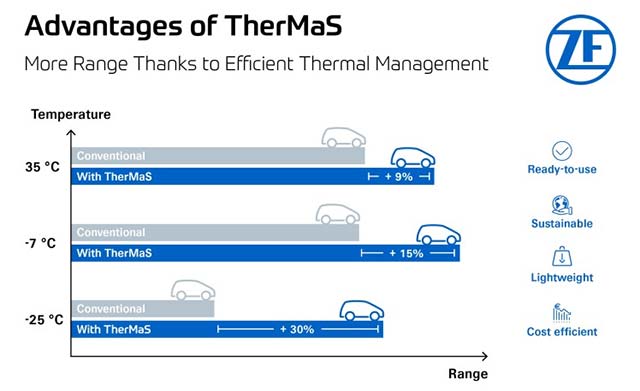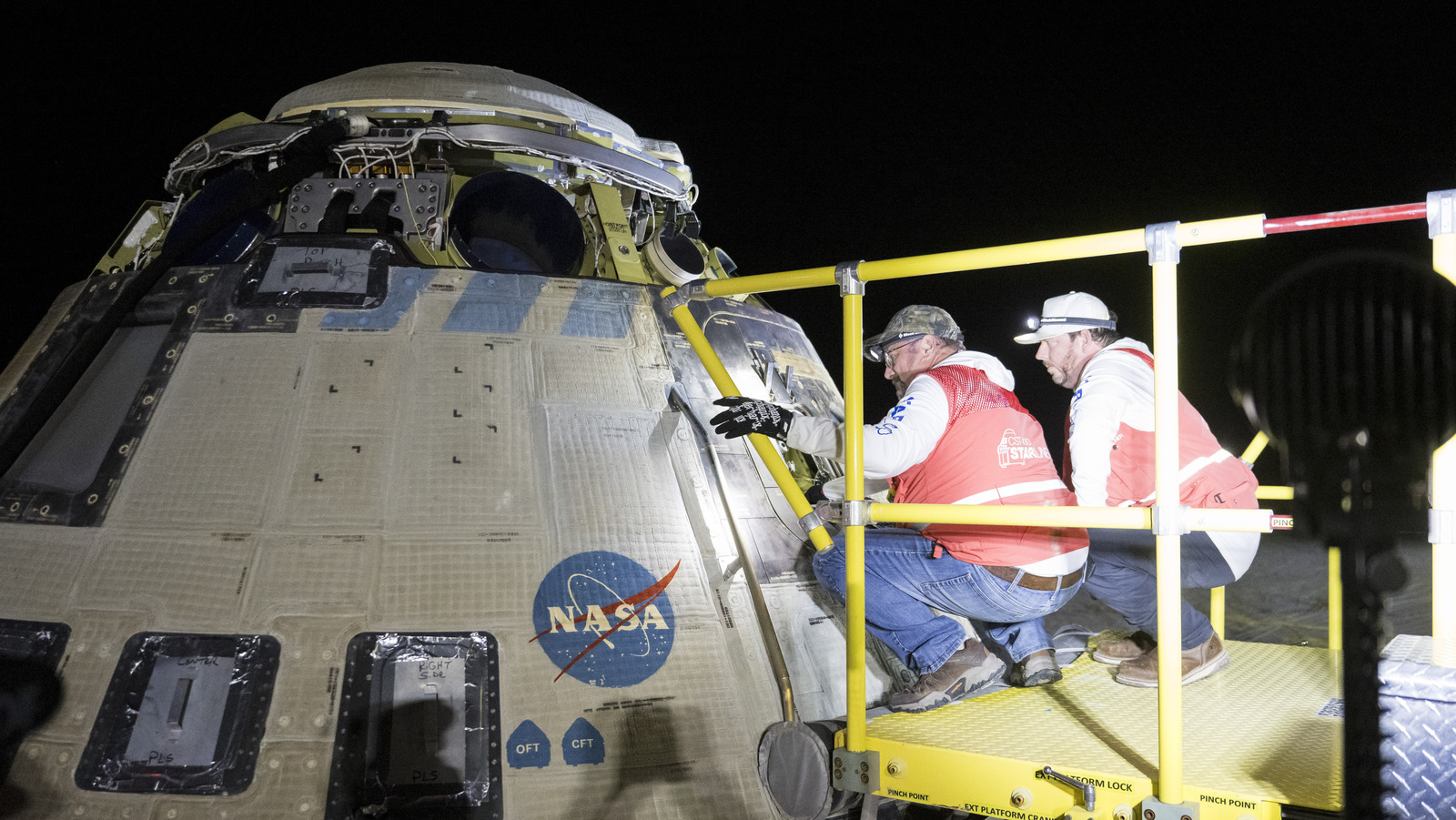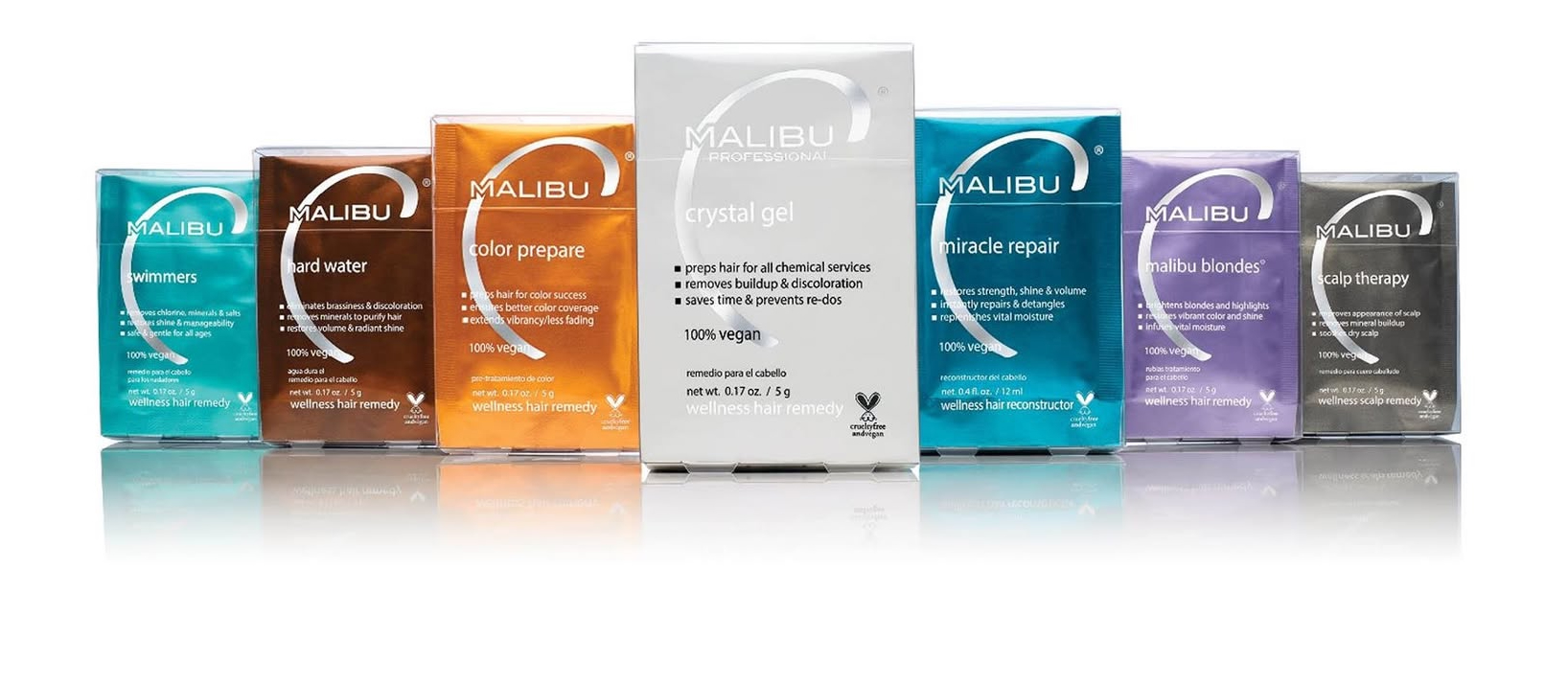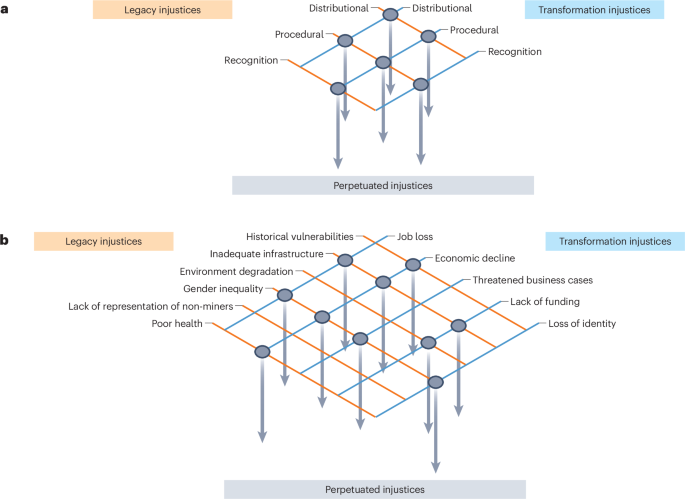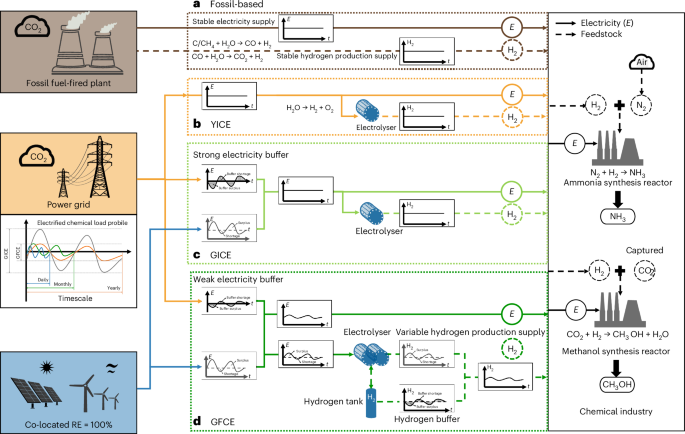Methylation of RBM39 by PRMT6 enhances resistance to Indisulam in non-small cell lung cancer by promoting alternative splicing of proto-oncogenes
by Tongjia Zhang, Shujie Wang, Yue Zhou, Zitao Jiao, Kejia Lu, Xinyi Liu, Hui Li, Wei Jiang, Xiaowei Zhang Indisulam, a sulfonamide-based compound, is employed as a second-line therapy for NSCLC due to its anti-tumor activity. However, its clinical efficacy is hindered by acquired resistance, the molecular basis of which remains poorly understood. Here, we demonstrate that hypermethylation of RNA-binding protein 39 (RBM39), a specific target of Indisulam, is closely associated with Indisulam resistance. PRMT6 methylates RBM39 at R92. This methylation inhibits Indisulam-induced ubiquitination and proteasomal degradation of RBM39, increases RBM39 protein levels, promotes alternative splicing and expression of proto-oncogenes, and ultimately leads to malignant proliferation and metastasis of NSCLC cells and tumor growth in xenograft mouse models. Inhibiting PRMT6 with MS023 or mutating the RBM39 methylation site enhances Indisulam sensitivity in NSCLC and significantly improves its anti-tumor efficacy. Our findings identify methylated RBM39 as a key biomarker of Indisulam resistance and suggest a potential therapeutic strategy for NSCLC.
by Tongjia Zhang, Shujie Wang, Yue Zhou, Zitao Jiao, Kejia Lu, Xinyi Liu, Hui Li, Wei Jiang, Xiaowei Zhang Indisulam, a sulfonamide-based compound, is employed as a second-line therapy for NSCLC due to its anti-tumor activity. However, its clinical efficacy is hindered by acquired resistance, the molecular basis of which remains poorly understood. Here, we demonstrate that hypermethylation of RNA-binding protein 39 (RBM39), a specific target of Indisulam, is closely associated with Indisulam resistance. PRMT6 methylates RBM39 at R92. This methylation inhibits Indisulam-induced ubiquitination and proteasomal degradation of RBM39, increases RBM39 protein levels, promotes alternative splicing and expression of proto-oncogenes, and ultimately leads to malignant proliferation and metastasis of NSCLC cells and tumor growth in xenograft mouse models. Inhibiting PRMT6 with MS023 or mutating the RBM39 methylation site enhances Indisulam sensitivity in NSCLC and significantly improves its anti-tumor efficacy. Our findings identify methylated RBM39 as a key biomarker of Indisulam resistance and suggest a potential therapeutic strategy for NSCLC.








